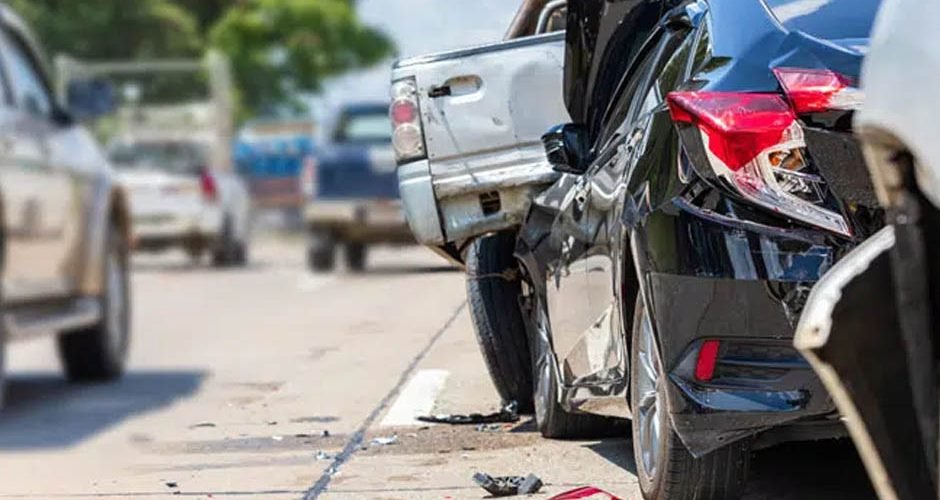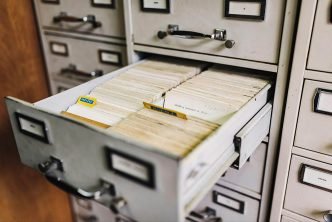Every year, millions of people are involved in car accidents, which can range from minor fender benders to severe, life-altering collisions. The National Highway Traffic Safety Administration (NHTSA) reports that in 2019, there were an estimated 6.7 million police-reported traffic crashes in the United States. Understanding what to do in the immediate aftermath of an accident is crucial, not only for your safety but also for the legal and insurance processes that follow.
This guide aims to provide you with comprehensive steps to take when you find yourself in such an unfortunate situation.
Table of Contents
Immediate Steps After an Accident
Assessing the Situation
Immediately after an accident, it’s important to assess the safety of yourself and any passengers. If anyone is injured, call 911 right away. If the vehicles are operational and you’re in danger of oncoming traffic, move to a safe location. Remember to turn on your hazard lights to alert other drivers.
Calling for Help
In the case of significant damage, injuries, or any uncertainty, it’s essential to call 911. Provide the operator with your location, the number of vehicles involved, and any noticeable injuries. The dispatcher will send the necessary emergency services to your location.
Securing the Scene
To prevent further accidents, use flares or warning triangles if you have them. Before moving the vehicles, take photographs of the scene, including all vehicles involved, license plates, and any relevant road conditions or signs. These initial photographs can be crucial for insurance claims or legal issues.
Interacting with Other Parties Involved
Exchange of Information
It’s important to exchange contact and insurance information with the other driver. Be sure to get their name, address, phone number, insurance company, policy number, driver’s license number, and license plate number. Avoid discussing fault or making statements that could be used against you later. If the other party is uncooperative, wait for the police to arrive and document the incident.
Witnesses
If there are any witnesses to the accident, ask for their contact information and if they would be willing to provide a statement. Witness accounts can be invaluable in piecing together the events leading up to the accident.
Documentation and Evidence Collection
Photographs and Videos
After ensuring everyone’s safety, take comprehensive photographs and videos of the accident scene, including all vehicles and any visible damage, road conditions, traffic signs, and injuries. Capture different angles and distances to provide a full picture of the scene.
Police Reports
A police report can be a critical piece of evidence when dealing with insurance companies or in court. Always request a police report at the scene. Later, obtain a copy of the report for your records. It will contain the officer’s assessment of the accident, which can be beneficial for your case.
Medical Records
Even if you don’t think you’ve been injured, it’s wise to seek medical attention immediately following an accident. Some injuries, like whiplash or concussions, may not be immediately apparent. Keep a detailed record of all medical treatments and associated costs.
Navigating Insurance Claims
Notifying Your Insurance Company
Promptly inform your insurance company of the accident. You will likely need to provide them with the accident details, the police report number, and any other driver’s insurance information. Be honest, but do not admit fault or provide more information than necessary.
Understanding Your Coverage
Understanding your insurance policy is key. Familiarize yourself with terms like deductible, premium, and liability coverage. Know the difference between collision coverage, which pays for damage to your car, and comprehensive coverage, which covers non-collision-related losses.
Dealing with the Other Party’s Insurance
When the other party’s insurance company contacts you, be cautious. It’s often best to consult a Seabrook Personal Injury Attorney before making any statements or signing any documents. Remember, their goal is to minimize payouts, so they may not have your best interests in mind.
Legal Considerations and Seeking Representation
When to Hire an Attorney
If you’re facing significant medical expenses, if there’s a dispute over who is at fault, or if you feel the insurance settlement offer is insufficient, it may be time to seek legal representation. An attorney can help navigate the complexities of your case and advocate for your best interests.
Choosing the Right Attorney
Selecting the right attorney is crucial. Look for someone with experience in car accident cases, a strong track record, and who communicates clearly and effectively. Don’t be afraid to ask questions about their experience, strategy, and any costs involved.
The Legal Process
Familiarize yourself with the legal process of a car accident lawsuit. This includes filing a complaint, the discovery phase, negotiations, and possibly a trial. Understanding the timeline and what is expected of you can help reduce stress and prepare you for the road ahead.
Recovery and Moving Forward
Physical Recovery
Car accidents can result in a range of injuries, from minor bruises to more serious conditions like broken bones, spinal injuries, or traumatic brain injuries. Follow through with all prescribed medical treatments and attend all follow-up appointments. Adhering to your doctor’s advice not only supports your physical recovery but also documents your injuries, which is essential if you pursue compensation.
Emotional Recovery
The emotional impact of a car accident should not be underestimated. Many people experience stress, anxiety, or even post-traumatic stress disorder (PTSD) following a traumatic event. If you’re struggling emotionally, consider speaking to a mental health professional. Support groups and counseling can provide comfort and aid in your recovery.
Financial Recovery
A car accident can have significant financial implications, from medical bills to lost wages if you’re unable to work. Keep detailed records of all expenses related to the accident. If your injuries are the result of another’s negligence, you may be entitled to compensation through a personal injury claim.
Preventive Measures for the Future
Safe Driving Practices
To minimize the risk of future accidents, practice safe driving habits. Always be aware of your surroundings, obey traffic laws, avoid distractions, and never drive under the influence of alcohol or drugs. Consider taking a defensive driving course to sharpen your skills.
Vehicle Safety
Regular vehicle maintenance, such as checking tire pressure, brakes, and headlights, can prevent accidents. Invest in vehicles with advanced safety features like anti-lock braking systems (ABS), electronic stability control (ESC), and airbags. These technologies have been proven to save lives.
Insurance Review
Periodically review your insurance policy to ensure it meets your current needs. Life changes, such as buying a new car, moving, or adding a teen driver to your policy, can affect your insurance coverage and rates. Make sure you’re adequately covered before you find yourself in another accident.
Conclusion
Being involved in a car accident can be a daunting experience, but being prepared can make a significant difference in the outcome. By following the steps outlined in this guide, you can ensure your safety, protect your rights, and set yourself on a path to recovery. Remember, the key to navigating the aftermath of an accident is to stay calm, be informed, and seek help when needed. Drive safely and be proactive in taking measures to protect yourself and your loved ones on the road.
Additional Resources
For more information on what to do after a car accident or to find support services, visit national highway safety websites, insurance information portals, or local government resources. These can provide you with additional guidance and assistance tailored to your situation.
FAQs
What should I do immediately after a car accident?
Ensure everyone’s safety, call for help, exchange information with the other driver, and document the scene with photographs.
When should I call the police after a car accident?
Always call the police if there are injuries, significant property damage, or if the accident is blocking traffic.
Do I need to see a doctor even if I feel fine?
Yes, some injuries are not immediately apparent, and a medical professional can perform a thorough examination.
Should I notify my insurance company about the accident?
Yes, inform your insurance company promptly after the accident, but be cautious about what you say until you understand your coverage and rights.
What if the other driver’s insurance company contacts me?
Consult with a personal injury attorney before providing any statements or signing documents from the other party’s insurance company.





